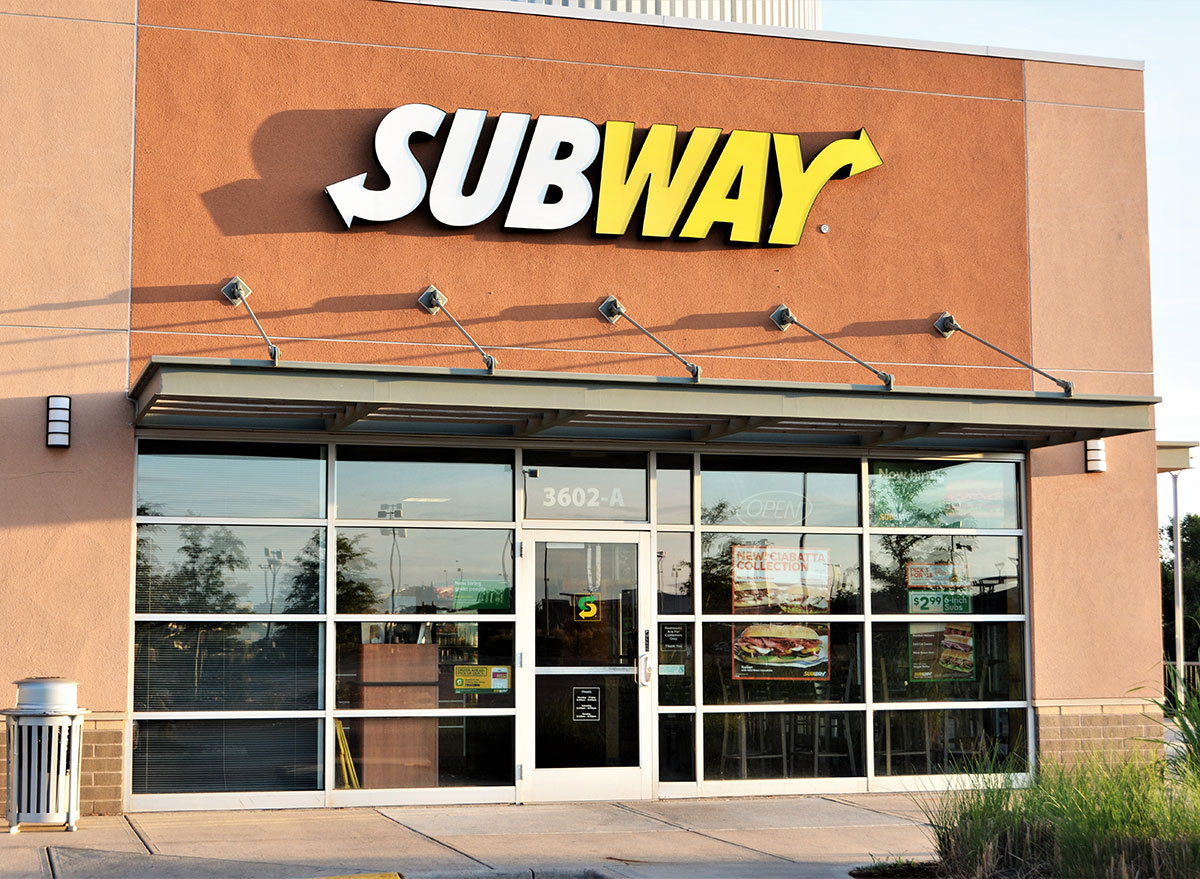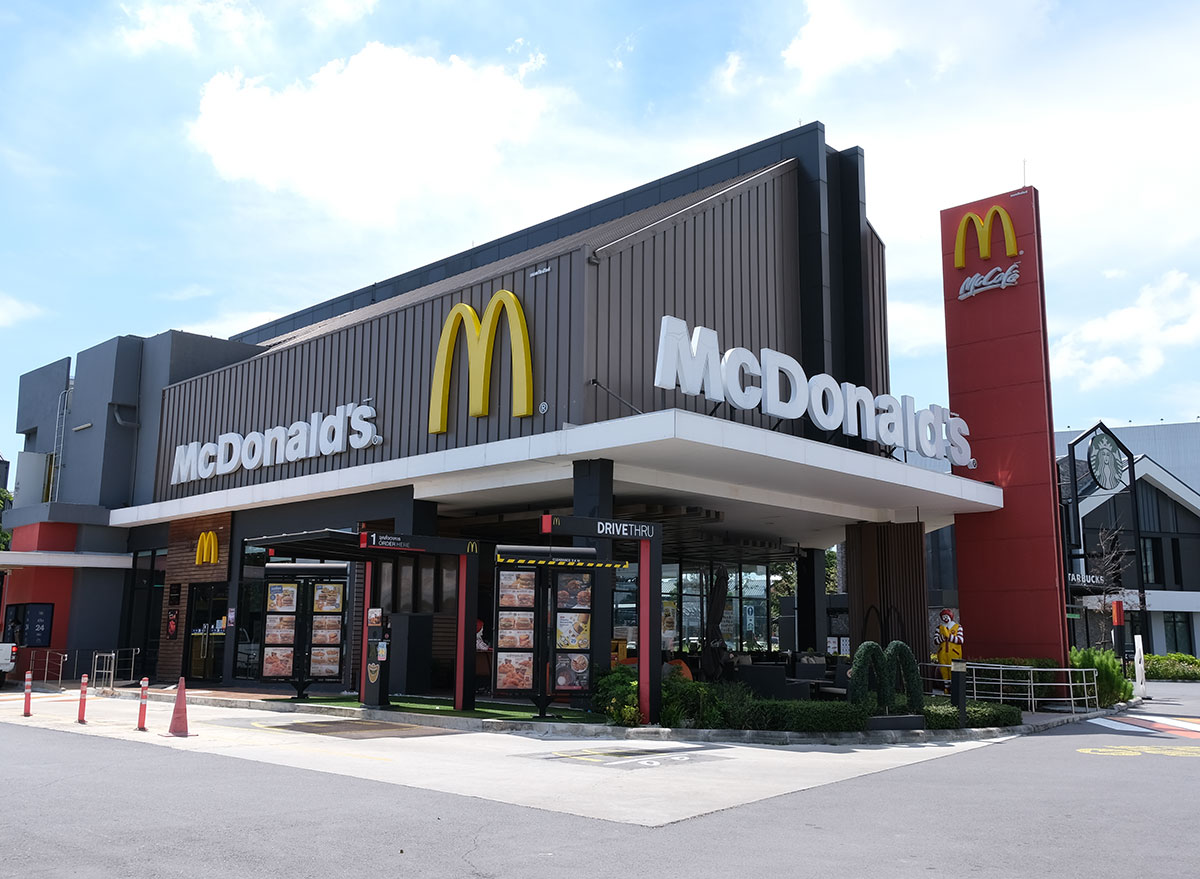McDonald's, Subway, and More Are Expected to Be Investigated By the FTC

Several major fast-food chains are likely to be investigated by the Federal Trade Commission, as allegations about the mistreatment of franchisees have recently come to light out of companies like Subway and McDonald's.
According to Restaurant Business, Keith Miller of Franchisee Advocacy Consulting and the National Coalition of Associates of 7-Eleven Franchisees have sent a formal request to the FTC, asking for the government agency to investigate nine major national franchises, including the aforementioned fast-food giants, on the basis of exploitative franchising practices.
"This petition provides the opportunity for the FTC to take a proactive role in assessing the franchise industry," Miller said. "We are requesting the FTC look broadly at the imbalance of power in our industry today."
The request comes on the heels of FTC's renewed commitment to investigating franchisee agreements more closely. For their part, the agency circulated a memo to employees last week, saying their primary areas of interest would be "take-it-or-leave-it" contracts, non-compete clauses, repair restrictions, and exclusionary clauses, Restaurant Business reported.
"We have seen how market power abuses and consumer protection concerns can emerge when one-sided contract provisions are imposed by dominant firms," Khan wrote. "Consumers, workers, franchisees and other market participants are at a significant disadvantage when they are unable to negotiate freely over terms and conditions."
Here's a look at four restaurant chains whose franchise practices may soon be under government scrutiny. For more, check out Locations of This Collapsing Burger Chain Are Changing Their Names and Going Rogue.
Subway

We've reported extensively on Subway's controversial handling of franchisee relationships. From forcing franchisees into money-losing decisions to changing their signed agreements without warning, the chain has had a long-documented despotic treatment of its operators.
The most recent change to the franchisee agreement was particularly draconian: the chain increased its royalty rates from 8% to 10%. It did give the operators a choice, however, of either signing the new agreement or remaining at an 8% rate with several much harsher terms imposed. The new terms would prevent owners from speaking out against the brand, make them pay steep charges if they close their stores, and give corporate the power to dictate store hours.
Subway has commented on the issue, saying: "Our franchise agreement and all its terms are disclosed in the [franchise disclosure document]. The terms are competitive with others in the QSR franchising industry."
Don't forget to sign up for our newsletter to get the latest restaurant news delivered straight to your inbox.
McDonald's

The controversy around McDonald's handling of its soft serve machine repairs is one of the main reasons the FTC has made preliminary inquiries into the chain. According to The Wall Street Journal, the agency reached out to McDonald's franchisees this summer seeking information on how the company reviews suppliers and equipment and how often operators are "allowed to work on their own machines."
McDonald's operators have been embroiled in a battle over the maintenance of the soft serve machines for a while. They allege the chain and its equipment manufacturer Taylor hold a monopoly over the repairs of the machines that are known to be extremely finicky and overengineered. When a third-party tech company Kytch created a tack-on device that would enable restaurant owners to troubleshoot and repair the machines themselves, Taylor attempted to block those efforts and steal the technology, makers of Kytch allege. The case is now in court and involves a restraining order.
Dickey's Barbecue Pit

The world's largest barbecue franchise is large for a reason—the company had been expanding rapidly since 2010 through the franchising system. However, the chain has also seen an alarming rate of U.S. restaurant closures, many of which were achieved through franchisee agreement terminations. Restaurant Business reported in 2019 that 135 locations had been terminated this way in two years, which represents one out of every four locations of the 550-unit chain.
"We are proud of our business model that has helped create so many successful franchise operators," Dickey's said in a statement. "While we intend to cooperate with any review, we are not aware of anyone we have ever worked with, done business with, or even spoken to that is involved in this petition [to the FTC]."
7-Eleven

One of the world's largest franchise businesses has recently been accused of mandating its operators keep stores open 24 hours a day, even during a labor shortage crisis. But this is hardly the first strain on the relationship between the mega-company and its franchisees.
The chain, which sells everything from pizza to gas, has been taking an increasingly bigger cut from the bottom line of its operators in the last two decades. In 2018, it came out with a new contract which made profits for franchisees even more difficult: the company was requiring a new $50,000 franchise renewal fee, mandated the stores be open on Christmas, and forced the operators to use suppliers that couldn't guarantee the best prices for items sold in stores, according to a report by The New York Times.
For more, check out the 108 Most Popular Sodas Ranked By How Toxic They Are.








